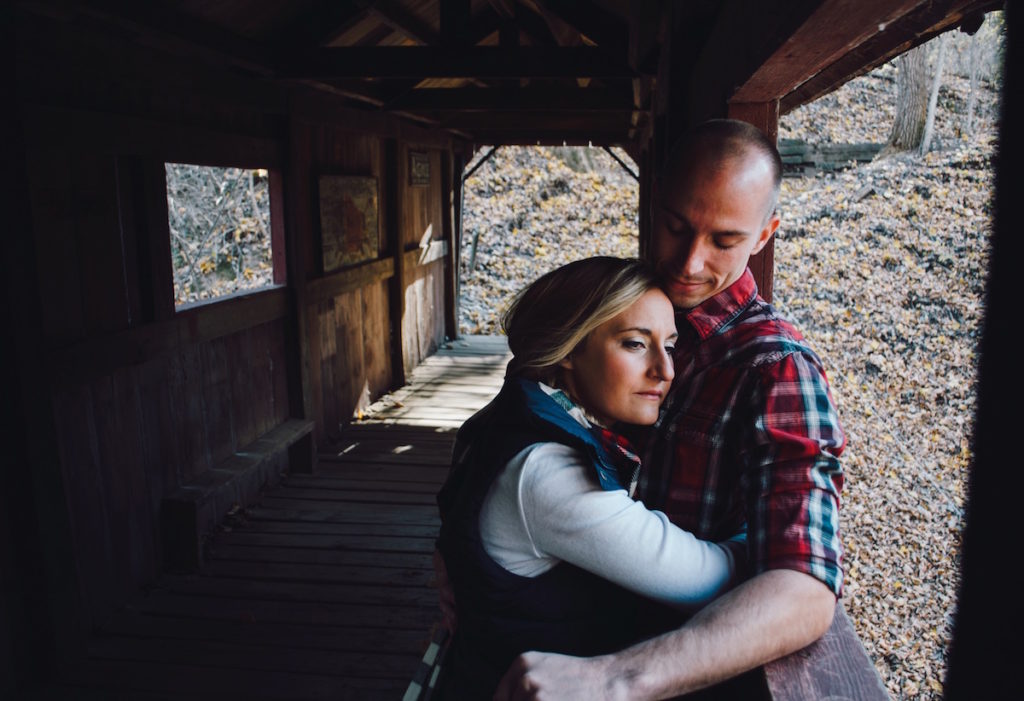I recently spoke with an old friend whose husband is in early recovery from a prescription drug addiction. Prior to a successful inpatient treatment program, he had been in and out of rehabs several times, drained their small savings account, and had wreaked havoc on their young family. After years of active addiction, he’s now building a solid recovery. So she should be over-the-moon thrilled, right? Not quite. “Every time I talk with family – or even friends who know our situation, they want to know how my husband’s doing. They never ask about how I’m doing. He’s not the one who had to deal with the chaos and pain that he caused. He’s not the one who kept our family together, despite everything. What about me?” At first thought, her feelings may seem misguided or even selfish. However, this resentment towards recovery is not uncommon for family members and spouses whose loved ones are in recovery from addiction.
Resentment Towards Recovery
Recovery resentment is the reason that family members and spouses can still feel hurt, angry, lonely or exhausted – even though their loved one is finally in recovery from addiction. Think of addiction as a puzzle – and the addicted person as simply one piece. The entire family can play a role in the big picture, and in order to put the puzzle together, we must first understand all of the pieces. Behind every addicted person is another person who loves him or her. The longer or stronger a relationship with a person in active drug or alcohol addiction, the more pieces there are to be examined when healing from addiction.
Where Resentments Begin
At the root of all resentment is expectation. Expectations allow us to harbor resentments; when we expect things and they don’t come to fruition, we become disappointed. Repeated disappointments can lead to bitterness. Bitterness plants the seed for resentment. Living with a person in active addiction can give you an up close and personal look at disappointments, frustrations, heartbreak and let downs. This doesn’t happen because your loved one is a bad person or doesn’t care about you or your family. This happens because they are sick. As your loved one entered treatment, you may have heard them say that they were “sick and tired of being sick and tired.” And you were, too. Alcohol or drugs had become the root cause of nearly all of your problems: emotional, physical, social and financial. You were hopeful, yet guarded as they completed rehab. All the years of letdowns made you cynical. After they put some time together, managing a day, a week, a month and more – everyone noticed a change. But despite the new, sober lifestyle and calmness that has followed, there’s something that continues to make you sick to your stomach: You’re still lonely, angry, damaged and feeling raw. It seems as if his or her sobriety settled in, it excused your loved one from taking responsibility of the past. You fear bringing it up may trigger a relapse – so you stuff your emotions aside. Your loved one insists on leaving the past in the past – but you’re still stuck. It feels as if everyone sees your loved doing okay – and assumes you are okay, too.
If You’re Stuck In Recovery Resentment
If you’re turning your wheels in resentment, know that you are not alone. Addiction can leave behind deep wounds that don’t just heal when a person gets sober. Breaking free from resentment can take time, but here are a few things to get you started:
- Release your anger – in a healthy way. Resentment doesn’t always feel like anger because it’s mixed in with various emotions. But as one of the root causes of resentment, it’s important to release your anger. Here are a few ways to do so:
- Move your anger out through writing
- Practice controlled breathing techniques
- Share your story
- Perform an ‘anger release ceremony’ – a creative activity that allows for a creative release
- Don’t hold out for an apology. Forgiveness isn’t about your loved one – it’s about you. It doesn’t matter if your loved one is deserving of forgiveness, or if they even ask for it. You deserve to release resentment – because it’s toxic to you. The baggage of your past will always pollute opportunities of your future if you don’t let go of the things that caused you pain. Maybe one day your loved one will come around and feel remorseful – but there’s no need for you to suffer until then.
- Don’t seek revenge. Maybe your loved one made you feel ‘less than’ when he or she was in active addiction. But turning around and doing the same things to your loved one that they did to you won’t accomplish anything. Instead of working through and relieving pain, you’ll only perpetuate it: Hurting others hurts you.
- Seek self-help. Self-help for family members of addiction is essential. Consider attending a support group for families and friends, such as Al-Anon or Nar-Anon where you can vent your feelings, connect with others in relatable situations, and discover empathy and understanding. You deserve this.


